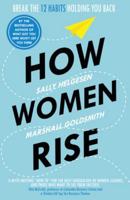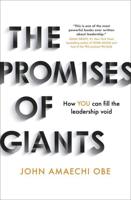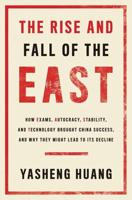Publisher's Synopsis
The global economic crisis of 2008 caused the collapse of the world s financial institutions, large-scale unemployment, the devaluing of housing stocks leading to mortgage defaults and left many countries in debt, unable to meet their financial obligations. The consequences of this in the workplace were substantial and for those who remained employed, longer working hours, heavier workloads, an insecure working environment and micro-management became manifest.
Examining the impact of the recession on organizations and individuals at work, this book explores the long lasting effect the crisis will have on workplaces for the future. The book is divided into three parts: in Part I, a historical economic review is provided for the reader. In Part II, an assessment is given on how occupational stress in the 21st Century has impacted the working environment in a host of negative ways. In Part III, the authors address unique coping strategies to be applied at the individual, organizational and societal levels in the future.
An insightful and thorough account of how the economic crisis has unfolded on an international scale is presented and the profound psychological impact that this recession has had on the workplace assessed. Such comprehension will be invaluable for students and academics in the social sciences, organizational and social psychologists and practitioners of occupational health.










